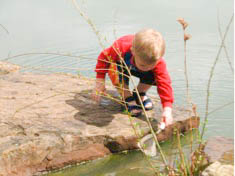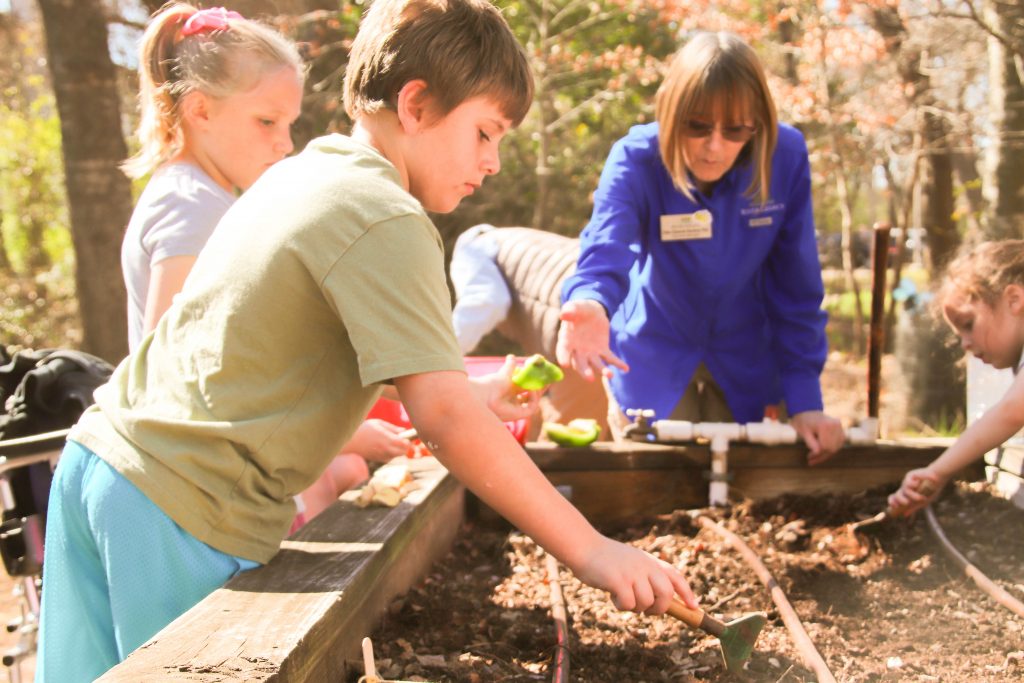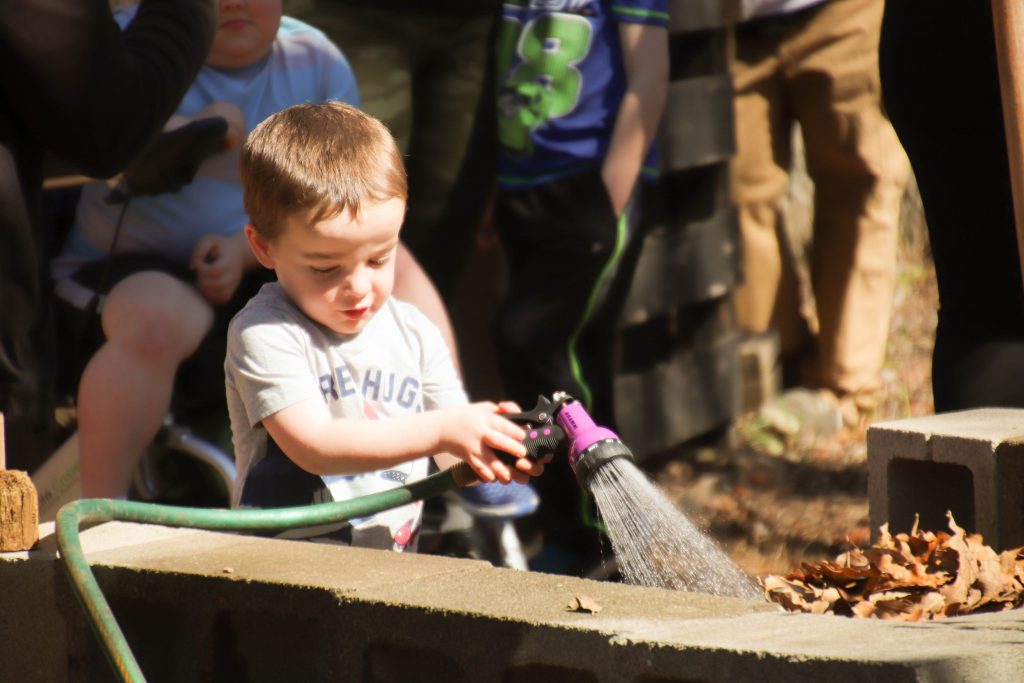Written by: Shannon Porter, Executive Director
It’s a fact that modern childhood has moved indoors. Neighborhood kids no longer adventure outside to climb trees, catch insects or create outdoor games. On average, American children spend between four to seven minutes a day engaged in unstructured outdoor play (not including organized sports) and as many as nine hours a day in front of an electronic screen.
Many of our youth are tuned out, stressed out and over-scheduled. Last Child in the Woods author Richard Louv calls this Nature-Deficit Disorder. And this is not just limited to kids, as it also affects adults, families, and whole communities. However, youth and adults who regularly spend time in nature enjoy priceless benefits to mind, body and spirit. These include improved physical health as well as professional or academic success through greater capacity for leadership, self-awareness, self-confidence, critical thinking and creativity.

With the shrinking amount of time young people and their families spend outdoors, there has also been a growing concern about who will carry forward the legacy of stewardship handed down to us by Bob Marshall, Aldo Leopold, Rachel Carson, Sigurd Olson, and others. Jacques Cousteau, taking Leopold’s lead, reminded us that we “protect what we love.” If a generation slowly pulls too far indoors, away from backyard forts, mud puddles, bike paths, lakes, and the wildlife and plants, how will they, too, fall in love with wild places? Further, every generation decides what to protect. If we raise a generation of youth who are disconnected from nature, how can we ensure both their good health and the health of the natural world that sustains us all?
At River Legacy Foundation we are working to rebuild a culture of nature connection in our community. While spending time in nature is an important habit, rebuilding a lasting culture of nature connection in ourselves, our families and our communities requires a longer view and deeper commitment. We think seven generations ahead. We ask: What can we do today for the benefit of future generations?
All of our programs provide time to explore the natural world because this is where the taproot of deep connection to the earth takes hold. We intentionally create time for youth to follow their curiosity. They catch damselfly nymphs and water bugs in the pond. Watch squirrels play in the trees. Listen to birds singing. Get muddy. Run wild. Build forts or tree cookie towers. Explore under fallen logs for decomposers. Dig for worms or slugs. Catch spiders and insects. Play in the creek.


While youth believe they are “just playing outside,” recent studies have proven that childhood experiences such as these, and not the more traditional forms of environmental education, directly lead to adults who are active stewards of the earth.
Here at River Legacy, we are committed to guiding learning in nature that fosters empathy, resilience and a deep connection to the environment for the benefit of raising a strong generation of youth, healthy families and communities, and a flourishing planet.
